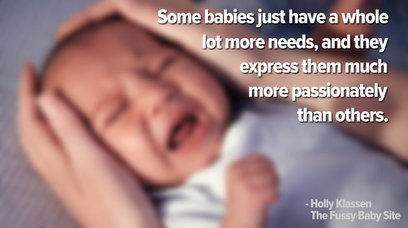 getty images from Huffington Post getty images from Huffington Post Birth workers will often talk about families "finding their tribe." And in that statement that sounds like hippie-woo-woo we basically mean that it's important for new parents to find other parents for support, for some levity, for help, for solidarity. I find that we often spend a lot of our time planning for pregnancy, planning for labor, planning for birth, but often what's missing from our plans is what happens after birth, after baby comes home. I've realized this in my practice, personally, and have started recently in final prenatal visits helping parents put together a postnatal plan. And something we often don't plan for is a baby who is fussy. Little ones have a lot of needs and those needs can't be articulated in any other way than a wail. Just as it's important to plan for the unexpected in labor and birth, planing and learning about baby behaviours before baby arrives makes a lot of sense. This article from the The Huffington Post is a bit hard to read in places, I sincerely feel for the parents in this piece. Take your time reading it and then talk to your provider about what to look for in particularly fussy babies. After you check in with your provider, find your tribe :) Start meeting other families who are pregnant, connect with a family or two in your Childbirth Education class, make sure you have a network of folks you can lean on during those first few days home with new baby.
0 Comments
Our job as doulas is to provide evidence-based information to families who seek us out to support their births. We're supposed to be a blank canvas, a person without judgement about the "right" or "wrong" ways to give birth, because there is no right or wrong way to birth. Because each birth is the "right" birth for the person who gives birth, even if it doesn't go as planned.
But we would be lying to ourselves and our the families that we serve if we presumed to lack an opinion about birth. I think it has to do with our personal preferences for our own births, especially doulas who have given birth themselves. And for doulas like me who hope to one day give birth to living children, I have an idea about the kind of birth I imagine myself to have. So when documentaries come out about birth and about the state of maternal health in our country doulas and birth workers tend to seek them out, study them (and study them again) to make sure that they're giving good information based on the latest evidence about birth. I watched this Lisa Ling special about birth today and I will continue to watch it over and again to tease out information I think is useful for my families. What I do enjoy about this documentary, based solely on my initial viewing, is that it looks at birth from all angles; it tackles racial disparities in maternal health for black people vs. white people, it looks at infertility and how it affects people and families, it looks at surrogacy and it looks at birth by cesarean. And while it would seem that Lisa is coming at it in a sort of biased, wagging a finger way, it's not that way at all. Instead it gives you a glimpse into real scenarios for a majority of families who have babies. Click here to check it out! 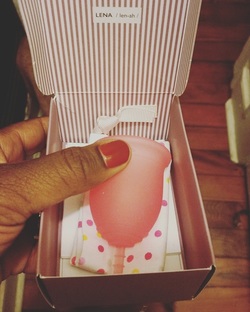 The other day I posted a picture of my new menstrual cup over on my Facebook page and I've been tickled by the responses from some people. One comment was a series of nos and another was "this is weird." followed by a friend's response of "LMFAO". I tried to respond with questions about what made the commenters say no orwhat they found weird or what they found funny, and then I thought back to my first experiences with my period and I get it. For as much as Always or Tampax or Kotex tries to empower women during their period they are the only options that people are familiar with when it comes to period protection. I won't get into the movement of people just bleeding freely here, but that's also an option. And for people without means or some homeless folks, that is the only option. I'm going to take a moment here to remind folks who are immediately postpartum that they should not use a menstrual cup postpartum and should instead use pads. For most folks your period is a time of unhappiness, discomfort, pain, embarrassment ... I could go on and on. I also won't lie and say that I love my period, because at times I don't. There are, however, some times when my period reminds me of the powerlessness that having a body with a uterus possesses; the sheer fact that uteri bleed for 5-7 days and we live is amazing (of course we're not really "bleeding" like a cut or a wound bleeds, but that's another post). My period has also, in the last few years especially when we were actively TTC, has been something that causes me great pain. Getting my period was a reminder that I wasn't pregnant and was often met with tears, anger and frustration. One of the ways I have gained a bit of control and a bit of feminine ass-kicking is in how I chose to have my period. I won't do the work for you, but tampons and pads are crap, especially the ones that I mentioned in my second paragraph. Everything in them that makes them thinner, more absorbent, more discreet is terrible for your vagina and your vagina's health. Even organic cotton tampons are harmful as the cotton that is inside of an organ meant to be moist (your vagina), is dried out because of said cotton, but thankfully it's not full of fiberglass. And for some folks irritation and pain is often associate with putting a tampon in and taking it out. That's how it was for me, especially because I chose to use non-applicator tampons to help save the planet a bit more. I could list the many amazing reasons for using a menstrual cup vs. tampons that are solely based on environmental factors, but there are awesome websites that do that for you. I'm going to talk about why I love using it so much and address why I think people are uncomfortable with or think using them is weird or whatever. 1. You have to put your fingers in your vagina. There's no way around it. Your hands will get blood on them. Your fingers will be in your vagina with blood on them. And for some folks, I guess this can be off-putting. But for me, it's just a part of what my body does. My body bleeds once a month and that blood is a part of me, a part of my body. I don't think other parts of my body are weird or gross, so I suppose I don't think this part is either. 2. It's not what we're being sold. We're being sold women who are a size two who go running in white shorts while they have their period. Women who coyly glance in the mirror on a date or whatever other crap the tampon and pad commercials are pushing. I live in a world where folks with uteri bleed, we're not all a size two, we're confident in our dating life and don't need to be told we're powerful (we belive that). I live in a reality and a world where folks who get a period aren't always women or women-identified people. I see those commercials and I don't see my people, all people represented in them. So, using a cup is part of my own personal middle finger to the hetero-normative cis-gendered bullshit that is menstruation advertising. 3. It's not what we're used to. I'm 37 and when I got my period my mother would only let me use pads, though I desperately wanted to feel like a woman and use tampons. She told me about how when she started her period that pads came with a belt and to this day I still am not quite sure how that worked. Pads and tampons are the norm. And when it comes to tampons folks want an applicator that's discrete and small and smooth, so even folks who use non-applicator tampons are a minority. But they are not the only options; you can use reusable/washable pads (think back to the old slang, "on the rag"). This hearkens back to that but instead of a wad of scarp materials (which would work perfectly fine) reusable pads are often fun/funky designs, absorbent and washable! So why aren't we seeing advertisements on television for reusable menstrual products in a world that loves buzz words like "compostable" or "biodegradable". (See also cloth diapers). Want my opinion? Because it's a product that's sold for women and we've been sold the bill that our periods are shameful, horrible, awful, scourges to our free and empowered life. But as cliche as it's going to sound, my menstrual cup makes me feel empowered and free. I can use it and know that I'm not harming the environment, 'm not harming my body, and in many cases I'm supporting small, often female-owned business. So do your own research, I recommend the website Put a Cup In It. And don't knock it 'til you try it! I'll admit it, "Doula" is sort of a buzz word in birth now. Almost as common as "When's your due date?" is "Do you have a doula?" For some a doula seems like a bit of extravagance, an expensive accessory for the rich. And for others a doula is something that only hippie-dippy folks have.
Both can be true, and more. Ill give you an example. I have a friend, let's call her Chana. She's a Type-A, badass lawyer. She's no nonsense and gives the best side eye of anyone on the planet. Period. When I told her that I wanted to move to the country to raise chickens I never thought I'd see her eyes again, she rolled them so hard. So when she got pregnant and asked for my help finding a doula I was shocked. And when I got an email from her of her requests I understood she was one of those people who wanted the support, but none of the other "hippie" things. She had no problem with pain meds, she wasn't going to try to do something natural if she couldn't handle it and wanted a doula who understood that. She just had her second baby with her second no-nonsense doula. While having a doula may seem like a new thing, it's actually quite old, as old as it's Greek name, perhaps older. When people gave birth they would be traditionally and historically be joined by family. Grandmothers, sisters, aunts, cousins and close friends would join the birthing person, in many cases the birthing woman to give her the support she needed to bring her baby earthside based only on experience and instincts. As birth moved away from the home and into the hospital this tradition was lost, when we need it the most. And with hospital schedules that work on rotations and shifts giving birth can be a sea of unfamiliar faces. A doula is sometimes the only constant. I've heard snide comments that doulas don't really stay for the entire birth, especially for long labors and I can say, in my personal experience as a doula, that I've never left a mother's side. The one exception was when my sister passed away during a birth. I've spent multiple evenings in hospitals, and my longest was just over 50 hours. Check out this informational page over on Evidence Based Birth for more ways that Doulas can help in a birth. 8/30/2016 9 Beautiful Photos Of Black Moms Proudly Breastfeeding - Huffington Post Cross-PostRead NowIt’s Black Breastfeeding Week and groups of moms, like the creators of the week, want to make sure people see positive images of black motherhood, especially while they’re breastfeeding.
Supportive communities, such as Black Women Do Breastfeed, Black Moms Breastfeeding Support Group and Mocha Milk Mommy’s Breastfeeding Support Group, are fighting to improve the concerning breastfeeding statistics that show that for years “black infants consistently had the lowest rates of breastfeeding initiation and duration,” according to the CDC. In honor of Black Breastfeeding Week, The Huffington Post photographed nine proud breastfeeding mamas who share why they believe society needs to see more empowering images of black women nursing their children. Keep Reading 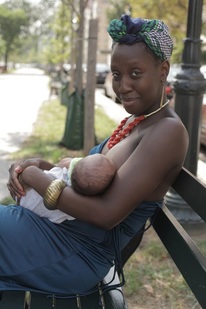 Today marks the 4th annual Black Breastfeeding Week and as a black doula, a black woman and a black woman who hopes (G-d willing) to be a black mother who breastfeeds, I am always so happy when this week shows up. I sort of live for pictures of women nursing. Nothing can make me squeal or sign or go "Awww" like a photo of a bright eyed babe sucking from it's parent. And while I do love a video of a breast crawl and absolutely think that nursing infants are the bees knees, nothing makes my heart flutter like photos of toddlers nursing. Something about their expressive eyes, their long limbs, there giant milky smiles makes me so happy. While there have been some serious strides in the way that our society views breastfeeding and extended breastfeeding, many parents that I've spoken to (or read about online) have experienced discrimination and ignorance around where and when it's appropriate to nurse a child and for how long. While there is extensive research on the benefits not only of nursing, but nursing children into toddlerhood, it's still very much considered a taboo. Black Breastfeeding week was created to address the disparity between black women who nurse and white women who nurse. While sometimes difficult to get going, nursing is by and large the cheapest and most natural way to feed a baby*, so why aren't black women given the same "fighting chance" at this free nutrition than their white counterparts? This is what the Black Breastfeeding Week Website has to say: " The most recent CDC data show that 75% of white women have ever breastfed versus 58.9% of black women. The fact that racial disparity in initiation and even bigger one for duration has lingered for so long is reason enough to take 7 days to focus on the issue..." It goes on to list these Top Five Reasons We Need Black BreastFeeding Week: 1. The high black infant mortality rate: Black babies are dying at twice the rate (in some place, nearly triple) the rate of white babies. This is a fact. The high infant mortality rate among black infants is mostly to their being disproportionately born too small, too sick or too soon. These babies need the immunities and nutritional benefit of breast milk the most. According to the CDC, increased breastfeeding among black women could decrease infant mortality rates by as much as 50%. So when I say breastfeeding is a life or death matter, this is what I mean. And it is not up for debate or commenting. This is the only reason I have ever needed to do this work, but I will continue with the list anyway. 2. High rates of diet-related disease: When you look at all the health conditions that breast milk—as the most complete “first food,” has been proven to reduce the risks of—African American children have them the most. From upper respiratory infections and Type II diabetes to asthma, Sudden Infant Death Syndrome and childhood obesity—these issues are rampant in our communities. And breast milk is the best preventative medicine nature provides. 3. Lack of diversity in lactation field: Not only are there blatant racial disparities in breastfeeding rates, there is a blatant disparity in breastfeeding leadership as well. It is not debatable that breastfeeding advocacy is white female-led. This is a problem. For one, it unfortunately perpetuates the common misconception that black women don’t breastfeed. It also means that many of the lactation professionals, though well-intentioned, are not culturally competent, sensitive or relevant enough to properly deal with African American moms. This is a week to discuss the lack of diversity among lactation consultants and to change our narrative. A time to highlight, celebrate and showcase the breastfeeding champions in our community who are often invisible. And to make sure that breastfeeding leadership also reflects the same parity we seek among women who breastfeed. As a quick note, when I first came to the PNW I was shocked to learn that there was only one International Board Certified Lactation Consultant in the state of Washington who is a person of color. ONE WOMAN. 4. Unique cultural barriers among black women: While many of the “booby traps”™ to breastfeeding are universal, Black women also have unique cultural barriers and a complex history connected to breastfeeding. From our role as wet nurses in slavery being forced to breastfeed and nurture our slave owners children often to the detriment of our children, to the lack of mainstream role models and multi-generational support , to our own stereotyping within our community—we have a different dialogue around breastfeeding and it needs special attention. 5. Desert-Like Conditions in Our Communities: Many African American communities are “first food deserts”—it’s a term I coined to describe the desert like conditions in many urban areas I visited where women cannot access support for the best first food-breast milk. It is not fair to ask women, any woman, to breastfeed when she lives in a community that is devoid of support. It is a set up for failure. Please watch this video and educate yourself on the conditions in many vulnerable communities about what you can do (beyond leaving comments on blogs) to help transform these areas from “first food deserts” into First Food Friendly neighborhoods. Posted August 19, 2014 in: 2014 by Kimberly Seals Allers I'm so excited to help spread awareness about the need for greater support for people who hope to nurse their babies, especially shifting that focus this week on black women and our unique needs. *I want to acknowledge that the term "breast is best" is hugely problematic and that for some folks, breastfeeding is not an option or not an option in the traditional boob to mouth style. I think that a fed baby is best and we all do it in ways that our best for us as individuals. 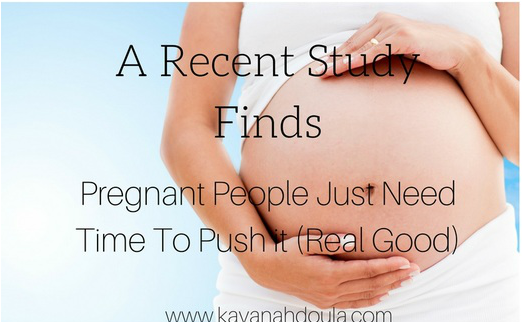 Back in March the American Journal of Obstetrics and Gynecology released q study that confirmed what a lot of midwives and doulas (and yes many OBGYNs) have been saying for a while. Pregnant people need more time to push. In fact, the study proved that if women and pregnant people were given as little as one extra hour to push their rates of unplanned C-Section went down by roughly half. HALF!
According to the Huffington Post article about the study, while this information has he potential to radically change how people give birth in the U.S, it may not actually amount to concrete change. Author Catherine Pearson writes, while the study is small, it's "unlikely to fundamentally change medical norms any time soon, researchers say it offers a much-needed critique of potentially outdated standards." Just how outdated are the standards you may ask, well the allotted time a woman is "allowed" to push was adopted in the late 1800s. “[The time recommendation] came from expert opinion from the 1800s,” said Dr. Alexis Gimovsky, a fellow in maternal fetal medicine at Thomas Jefferson University in Pennsylvania, and an author on the study. “Since then, there’s really only been retrospective data used to validate that guideline.” In the 1950s, researchers looked over earlier data and found that women who delivered their babies within two hours had lower rates of infection and serious postpartum bleeding, for example. In 1955, another team concluded that most women without anesthesia give birth within two hours." So what does this all mean? In my opinion it goes back to the idea of B.R.A.I.N, being armed with knowledge, and being confident that your body knows how to give birth. As a review B.R.A.I.N is an acronym I suggest pregnant folks and couples start to using during prenatal appointments with your caregiver.Using it early on in pregnancy and frequently helps you get accustomed to the process of coming to your care provider with questions and being ready with responses that are best for you and your baby. Frequently using B.R.A.I.N also is great so that when something is suggested during labor, you're ready to ask: B: Benefits - What are the benefits of doing this? R: Risk -What are the risks of doing this? A: Alternatives -What alternatives do we have? I: Intuition/Instinct - What's your gut say? N: Nothing - What happens if we do nothing? I will close by saying that there are many reasons that birth visions fall off track and interventions and potential c-sections are how some babies are born. I like to say that there is no "right" or "wrong" way to give birth. And this evidence-based information about not rushing into pushing and giving you, the person giving birth, time to ease into pushing and to let pushing happen can result in the birth you vision. 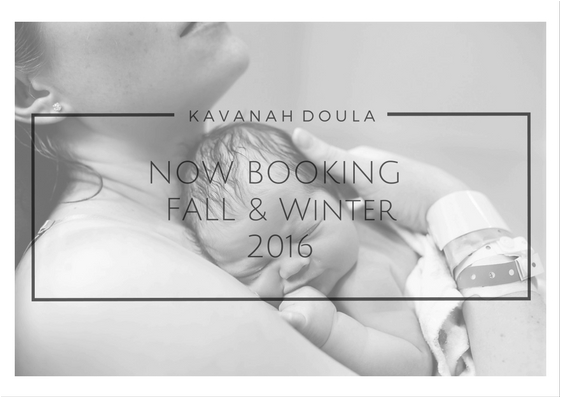 I'm so excited to announce that I will be attending the Childbirth Educator Training at the Simkins Center this September! I'm also thrilled to be a recipient of one of their coveted scholarships because for focus and goal of providing doula and now Child Birth Education to women of color, the LGBTQ community and all families in the South Puget Sound area! Starting in October I will be accepting clients for Childbirth Education and am booking births for November, December, January and February! Feel free to send me an email at [email protected] for questions and to schedule a free consultation! Hello All!!
I am just back from a month-long, immersive Jewish studies trip to Israel! I spent the last month in deep spiritual growth literally elbow-deep in Torah! It was profound and amazing and truly magical! You can check out my personal blog for all of the details! I will be back next week with updates on availability for the fall and winter, plus new products being made in my kitchen! Stay Tuned! |
Details
AuthorHi there! I'm Erika Davis and I'm a doula working in the Seattle and South Puget Sound area. Archives
December 2018
Categories
All
|
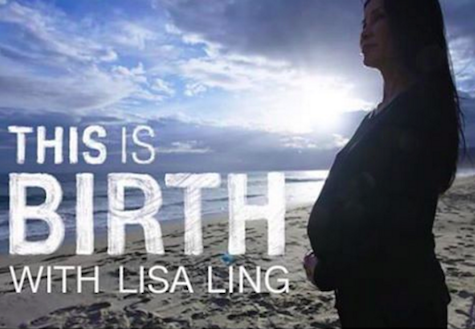
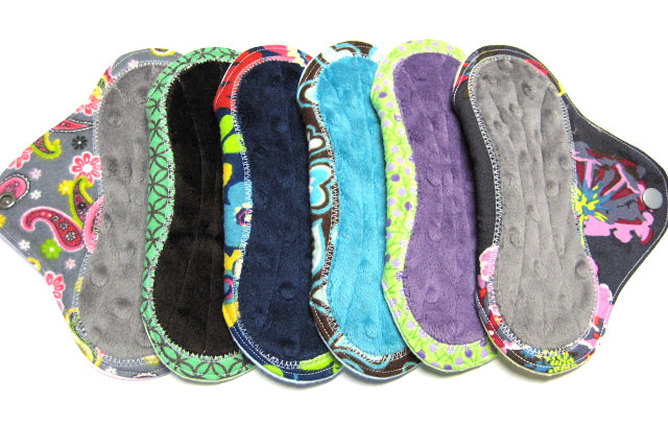
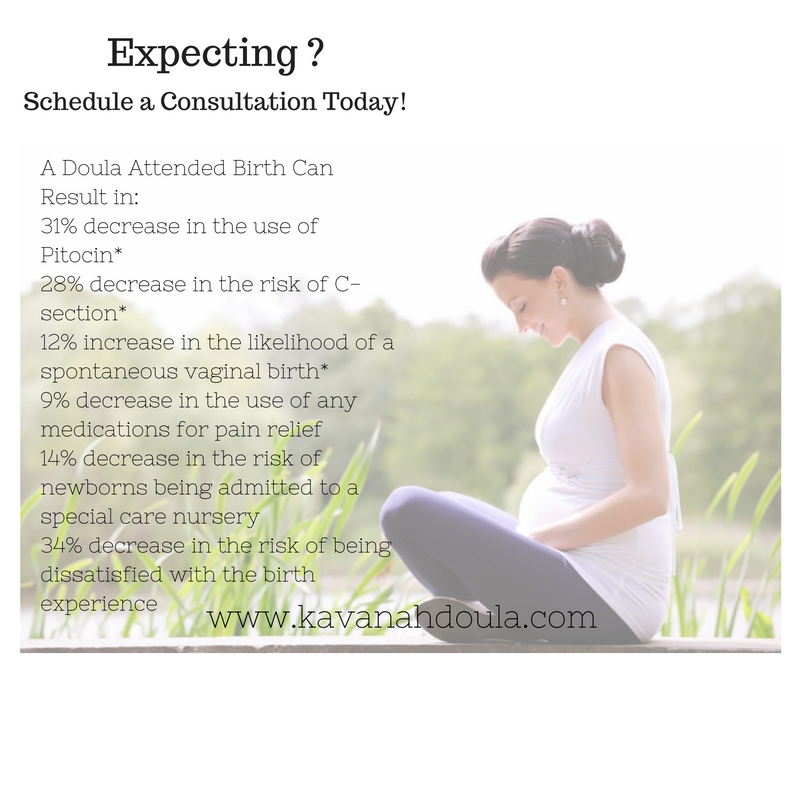
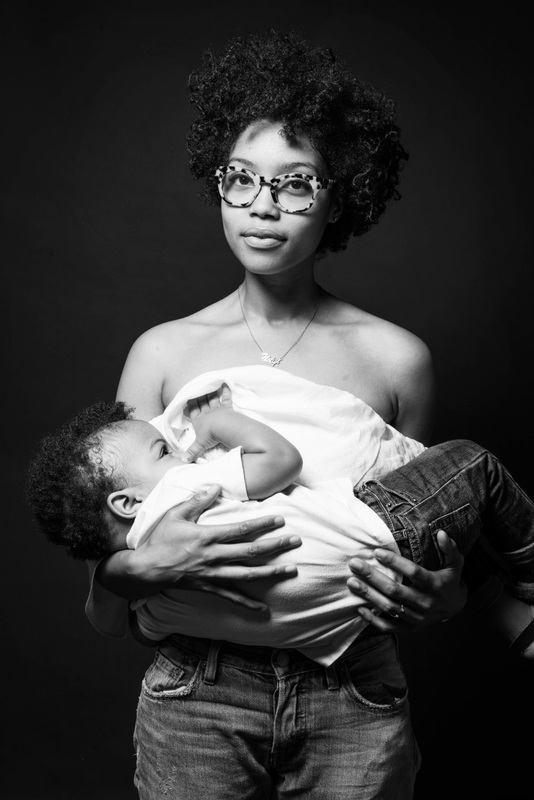
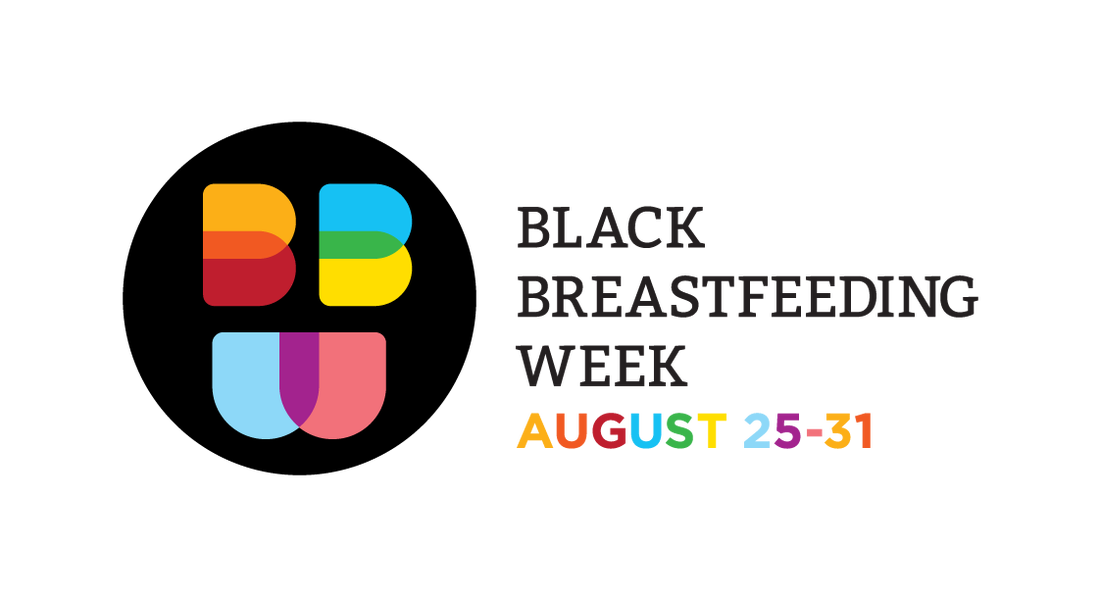
 RSS Feed
RSS Feed